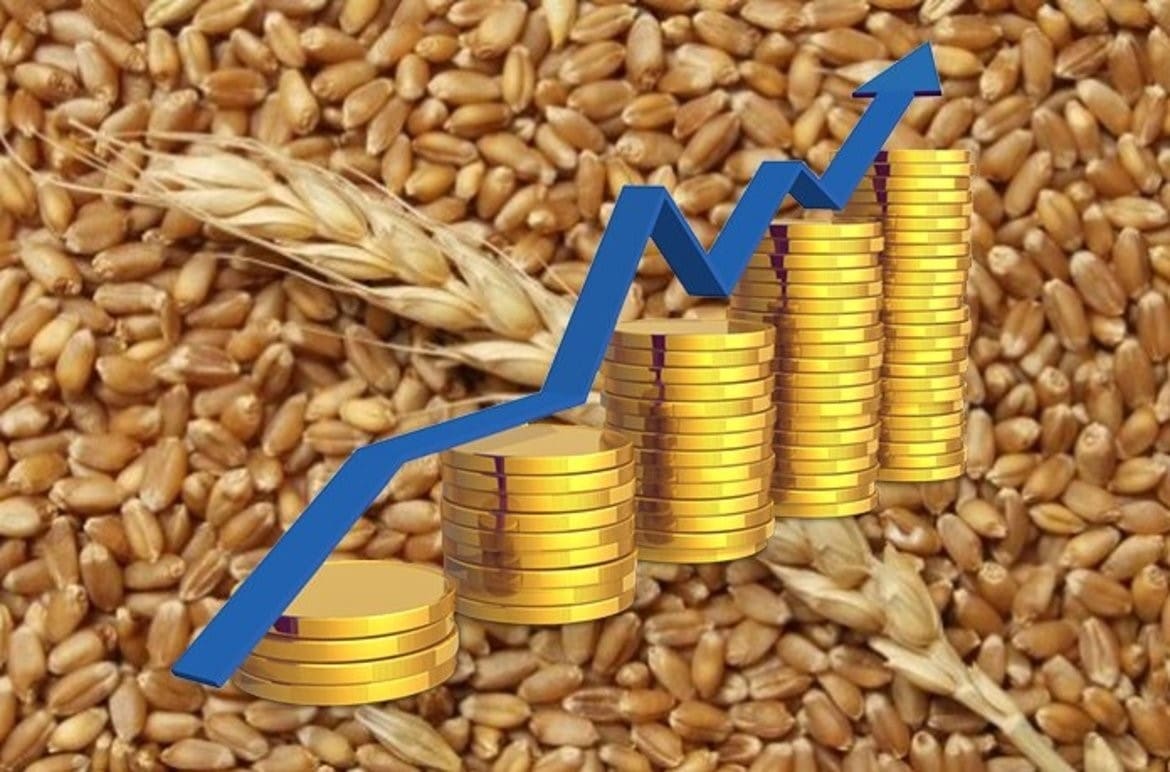Quotations on the European stock exchange rose after the decision of the European Commission to extend the ban on the export of agricultural products from Ukraine to 5 neighboring EU countries

The European Commission has extended the ban on wheat, corn, rapeseed and sunseed imports from Ukraine to Bulgaria, Hungary, Poland, Romania and Slovakia until September 15 in order to protect local farmers and eliminate logistical problems caused by the supply of cheap Ukrainian grain.
Ukraine did increase exports of wheat, sunflower and corn to C, but this allowed European processors to get cheap raw materials, increase meat production, due to which food inflation in the EU decreased.
“The countries that have now banned the import of Ukrainian agricultural products strengthened their export potential last year thanks to it, increased their own processing and increased the competitiveness of animal husbandry”, – said the Minister of Agricultural Policy of Ukraine M. Solskyi at the meeting of the EU Council on Agriculture and Fisheries held in Brussels May 29-30.
He said that thanks to Ukrainian grain, Poland increased its exports by more than 25% to a record 47.5 billion euros, and the production of poultry meat – by 7.5%.
“Poland and other countries that have now joined the restrictions bought €7 billion worth of agricultural products in Ukraine, including grain and oil crops, which were then re-exported to other countries – worth €3.5 billion. 80% of the export of grain and oil crops from these countries was provided by Ukrainian transit and grew by 18 billion euros in 2022. However, this year, compared to last year, Ukraine will reduce the volume of exports of grain and oil crops by 40% to 46 million tons,” added M. Solskyi.
Against the background of the European Commission’s decision to extend the ban on imports from Ukraine, quotations on the Euronext exchange in Paris rose sharply:
- September wheat futures – by 2.9% to €230.5/t (€340/t last year and €194.5/t two years ago),
- November corn futures – by 2.4% to €221.75/t (€282.75/t and €195/t),
- September rapeseed futures – by 4.2% to €423.5/t (€675/t and €436.5/t).
It is worth reminding European farmers that it was the military aggression of the Russian Federation against Ukraine that led to an increase in world grain prices in 2022, and the high level of prices today ensures the profitability of production.
Ukraine spends billions of dollars on logistics to ensure the export of its grain, the survival of the agricultural industry and the state’s economy, as well as victory in the war with the aggressor, which threatens not only Ukraine and Poland, but also other European countries.
Read also
Wheat in Southern Brazil Impacted by Dry Weather and Frosts
Oilseed Industry. Leaders and Strategies in the Times of a Great Change
Black Sea & Danube Region: Oilseed and Vegoil Markets Within Ongoing Transfor...
Serbia. The drought will cause extremely high losses for farmers this year
2023/24 Safrinha Corn in Brazil 91% Harvested
Write to us
Our manager will contact you soon



